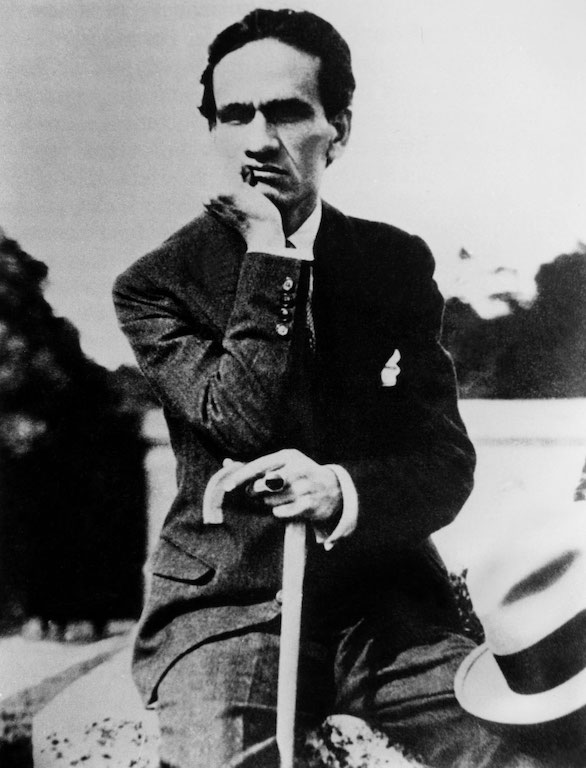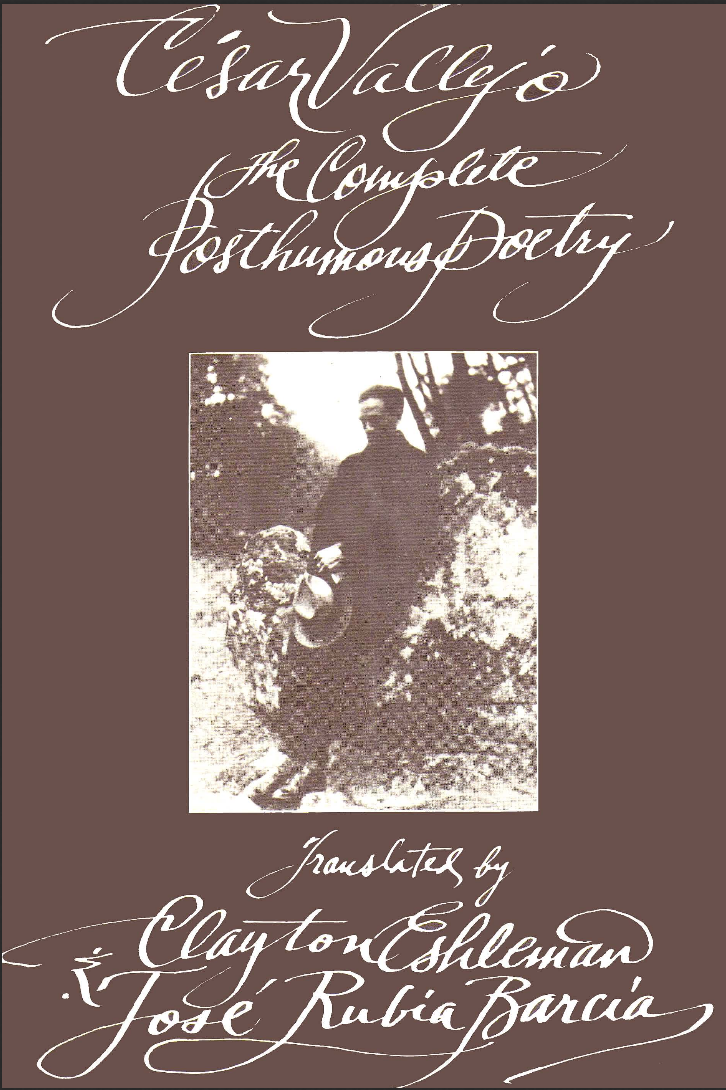A man walks by with a stick of bread on his shoulder.Am I going to write, after that, about my double?Another sits, scratches, extracts a louse from his armpit, kills it.How dare one speak about psychoanalysis?Another has entered my chest with a stick in hand.To talk then about Socrates with the doctor?A cripple passes by holding a child’s hand.After that I’m going to read André Breton?Another trembles from cold, coughs, spits blood.Will it ever be possible to allude to the profound I?Another searches in the muck for bones, rinds.How to write, after that, about the infinite?A bricklayer falls from a roof, dies and no longer eats lunch.To innovate, then, the trope, the metaphor?A merchant cheats a customer out of a gram.To speak, after that, about the fourth dimension?A banker falsifies his balance sheet.With what face to cry in the theater?An outcast sleeps with his foot behind his back.To speak, after that, to anyone about Picasso?Someone goes to a burial sobbing.How then become a member of the Academy?Someone cleans a rifle in his kitchen.How dare one speak about the beyond?Someone passes by counting with his fingers.How speak of the not-i without screaming? [Un hombre pasa con un pan al hombro] Un hombre pasa con un pan al hombro¿Voy a escribir, después, sobre mi doble? Otro se sienta, ráscase, extrae un piojo de su axila, mátalo¿Con qué valor hablar del psicoanálisis? Otro ha entrado a mi pecho con un palo en la mano¿Hablar luego de Sócrates al médico? Un cojo pasa dando el brazo a un niño¿Voy, después, a leer a André Breton? Otro tiembla de frío, tose, escupe sangre¿Cabrá aludir jamás al Yo profundo? Otro busca en el fango huesos, cáscaras¿Cómo escribir, después, del infinito? Un albañil cae de un techo, muere y ya no almuerza¿Innovar, luego, el tropo, la metáfora? Un comerciante roba un gramo en el peso a un cliente¿Hablar, después, de cuarta dimensión? Un banquero falsea su balance¿Con qué cara llorar en el teatro? Un paria duerme con el pie a la espalda¿Hablar, después, a nadie de Picasso? Alguien va en un entierro sollozando¿Cómo luego ingresar a la Academia? Alguien limpia un fusil en su cocina¿Con qué valor hablar del más allá? Alguien pasa contando con sus dedos¿Cómo hablar del no-yó sin dar un grito? 5 Nov. 1937
[A man walks by with a stick of bread on his shoulder.]
Feature Date
- September 9, 2019
Series
- Translation, What Sparks Poetry
Selected By
- Sandra Lim
Share This Poem
Print This Poem
Copyright © 1980 by Clayton Eshleman and José Rubia Barcia
University of California Press
All rights reserved.
Reproduced by Poetry Daily with permission.

César Vallejo (1892-1938) is one of the best-known Latin American poets of the twentieth century. Along with poetry, he wrote novels, plays, and essays. He published three collections of poetry before his death in 1938: The Black Heralds (Los Heraldos Negros)(1918), Trilce (1922), and Spain, Take This Cup from Me (España, aparta de mí este cáliz) (1937). His final collection, Human Poems (Poemas humanos), was published posthumously in 1938.

Berkeley, California
The Regents of the University of California
This first translation of the complete poetry of Peruvian César Vallejo (1892-1938) makes available to English speakers one of the greatest achievements of twentieth-century world poetry. Handsomely presented in facing-page Spanish and English, this volume, translated by National Book Award winner Clayton Eshleman, includes the groundbreaking collections The Black Heralds (1918), Trilce (1922), Human Poems (1939), and Spain, Take This Cup from Me (1939). Vallejo's poetry takes the Spanish language to an unprecedented level of emotional rawness and stretches its grammatical possibilities. Striking against theology with the very rhetoric of the Christian faith, Vallejo's is a tragic vision—perhaps the only one in the canon of Spanish-language literature—in which salvation and sin are one and the same. This edition includes notes on the translation and a fascinating translation memoir that traces Eshleman's long relationship with Vallejo's poetry. An introduction and chronology provide further insights into Vallejo's life and work.
"This version seems illuminated and inspired. A rare emotional urgency informs Eshleman's versions, a type of existential desperation. Sensibility met like sensibility....Eshleman, in a poem to Reich, describes translation as the act that involves not merely a carrying over of meaning from one language to another, but a translation of psyche from one form to another. This is precisely what this version alone seems to accomplish."
—San Francisco Review of Books
Poetry Daily Depends on You
With your support, we make reading the best contemporary poetry a treasured daily experience. Consider a contribution today.



